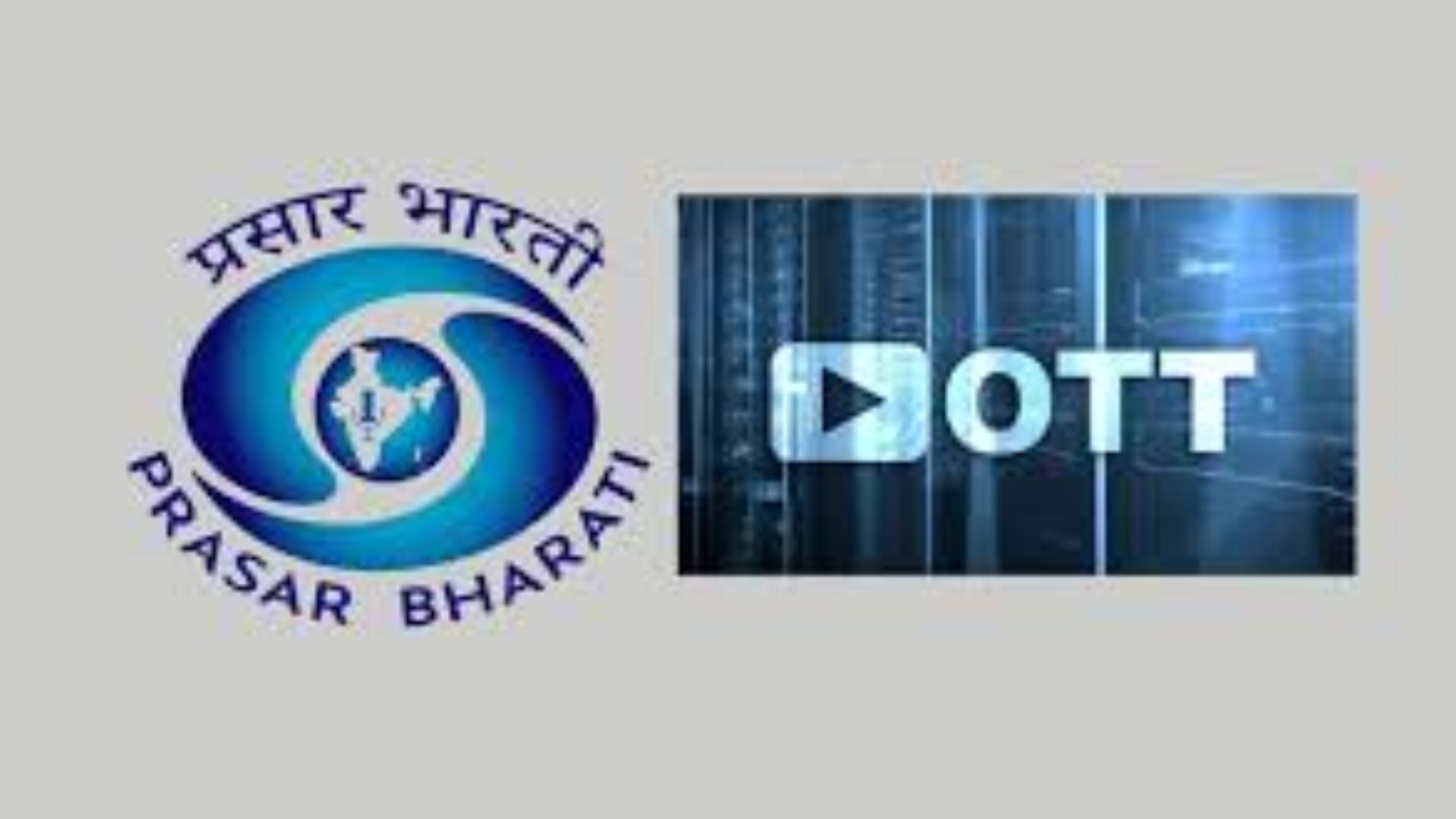The Supreme Court of India has raised concerns regarding the enforcement of the firecracker ban during Diwali in Delhi, particularly in light of the ongoing air pollution crisis plaguing the national capital. During a hearing on Monday, the apex court questioned the Delhi government and police about the apparent disregard for the firecracker prohibition, which has contributed to severe air quality issues in the region.
The court emphasized the chaotic situation resulting from uncontrolled pollution due to firecrackers and demanded explanations from both the Aam Aadmi Party (AAP) government and Delhi police regarding the steps being taken to prevent future violations. “Some strict action, such as sealing of premises, is needed against those violating the firecrackers ban in Delhi,” the court stated, underscoring the need for more effective enforcement.
In addition to addressing immediate concerns, the Supreme Court suggested that the government consider implementing a perpetual ban on firecrackers in Delhi, rather than limiting restrictions to the festival period. The court also directed the state governments of Punjab and Haryana to explain the increase in farm fires during Diwali, as reported by the Centre for Science and Environment.
The Supreme Court has mandated that all responses be submitted within a week, with the next hearing scheduled for November 14. This legal scrutiny follows reports that the firecracker ban was openly flouted during Diwali, resulting in a thick layer of smog enveloping the capital the following day. The air quality index (AQI) in Delhi plummeted into the ‘severe’ category on November 1, the day after the festival, with certain areas experiencing levels of hazardous particulate matter that exceeded World Health Organization safety limits by seven times.
The air pollution crisis in Delhi worsens annually after October, coinciding with the burning of crop residue in neighboring states. The combination of cooler temperatures and smoke traps the pollutants, leading to a significant deterioration in air quality and exacerbating public health concerns.
ALSO READ: Udhayanidhi Stalin: ‘No North Indian Film Industry Is As Vibrant As Ours!’ – Implications For Bollywood?

















